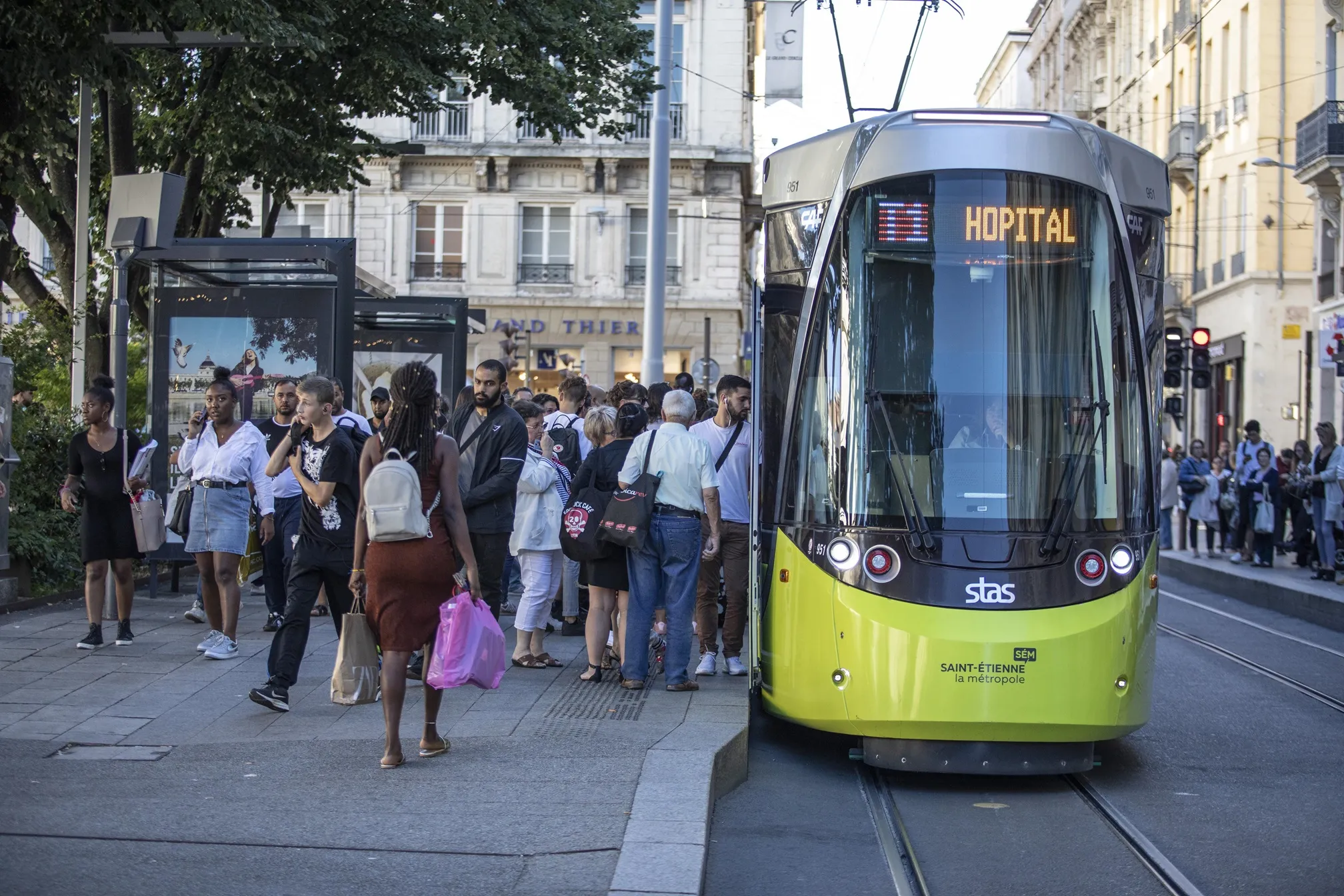The San Francisco Bay Area's Clipper transit fare-collection programme has hit the magic one million active cards in circulation milestone. Staff at the
As of Friday, 16 December, there were 1,000,606 active Clipper cards in use, up roughly 2,000 from the prior week. The million-plus active cards figure represents nearly a 30 per cent increase from the 778,197 active cards in circulation six months ago, and a 142 per cent increase from the 413,616 active cards in circulation a year ago.
Introduced by MTC in June of 2010 with five major transit systems (plus the Dumbarton Express), the Clipper program has been growing exponentially as more transit agencies have joined and as participating systems have been phasing out paper fare media and transitioning to the Clipper card.









